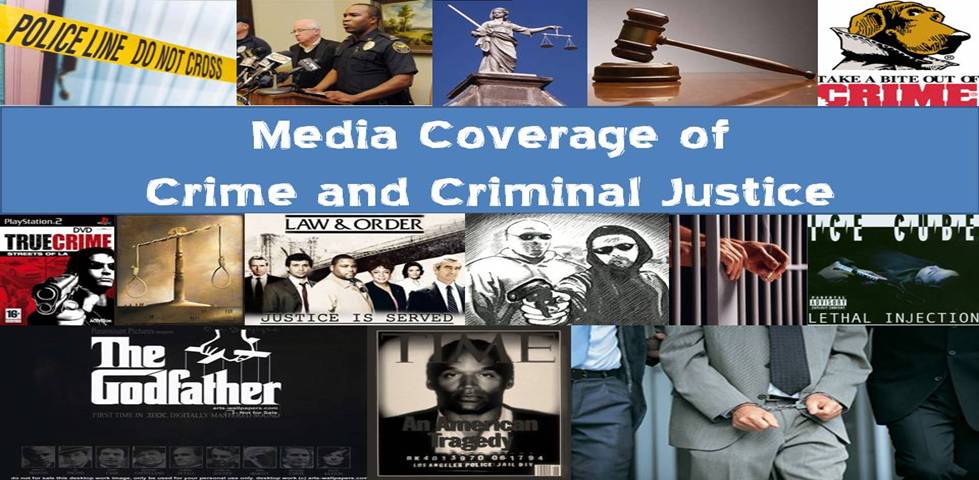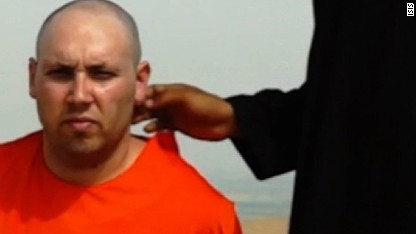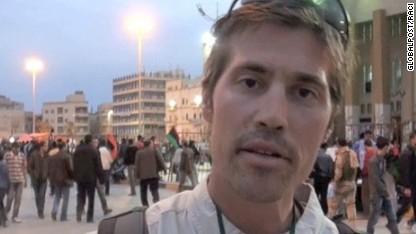You have likely heard of the theory, "Broken Windows," It asserts that signs of incivility, such as broken windows (but also graffiti, burned out and abandoned buildings, and the presence of untended people) attracts crime. Incivilities do so by sending a message to would-be criminals that this area is not cared about and thus not protected and thus easy to victimize!
Its founders were both conservatives, so it makes sense that the theory revolves around issues of order and disorder. After all,
research shows that conservatives are hyper-sensitive to such issues, wanting things to be in their proper order.
Frankly, the theory is quite logical, and there is
evidence that incivilities is linked to crime. Yet, as I showed in my book,
Why Crime?, incivilities are as much an outcome of crime as a cause of it. Further, both are outcomes of larger social phenomena.
Policies resulting from the theory (e.g., aggressive
stop and frisk and
zero tolerance policing) have led to horrible outcomes, including racial disparities in policing as well as unjustifiable use of force by the police against often unarmed young men of color.
Yet, it is interesting that the theory's founders still support it. So indicates an article in the
New York Times. In the
article, one of the theory's founder, Professor Kelling, still defends the theory. At the same time, he sais that "stopping and frisking was 'overused; during the previous [city police] administration" as well as zero tolerance, which he described as “zealotry and no discretion — the opposite of what I tried to preach.”
I just wish there was more in the story as well as more in the news about the downsides of this theory as well as the police practices that emanate from it.














 YouTube
YouTube